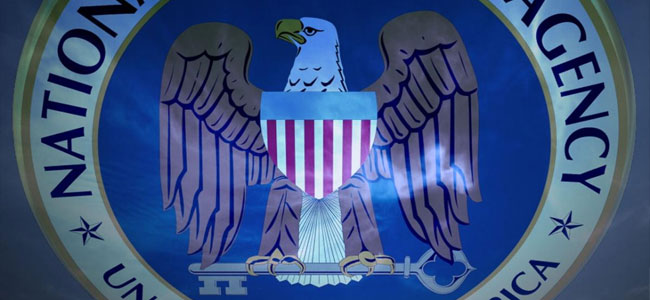VPNs – Protecting Your Digital Privacy
Even though the data engineers at America’s least-favorite Puzzle Factory have been hard at it trying to crack through VPN encryption, there’s still hope for your digital futures. That is to say that governmental agencies can’t yet say that “All Your Data Are Belong To Us.”
So far, so good.
We’ve talked in the past about how browser security is more of a way to placate grandma as she surfs the web in search of her new favorite knitting pattern, cat videos or FW:FW:FW emails. For the most part, browser security doesn’t amount to much more than automatic history cleaners – anyone you reach out to can still keep a log that your IP address visited their site.
With VPNs and proxies things get a lot better, although rumors were circulating recently that the NSA (National Security Agency) was working diligently to make your personal data their personal data. This has been done through attacks on VPNs and encryption protocols in Skype-like services.
Fact from Fiction
It’s hard to separate fact from fiction when dealing with news of the agency and its ongoing ventures to crack the digital skull of the Internet wide open to scoop out all the information inside for whatever purposes it deems necessary. Thankfully there have been multitudes of documents released on the agency by whistleblower Edward Snowden, documents that are currently opening the world up to the agency’s activities through reporting outlets such as Der Spiegel, Wired, and The Intercept, among a few others.
While there may be ongoing attempts by private and public sector organizations to break through the security that makes VPNs so secure, there’s peace of mind to be had knowing that services like ours remain one of the best ways to protect your data online, and your digital presence altogether.

